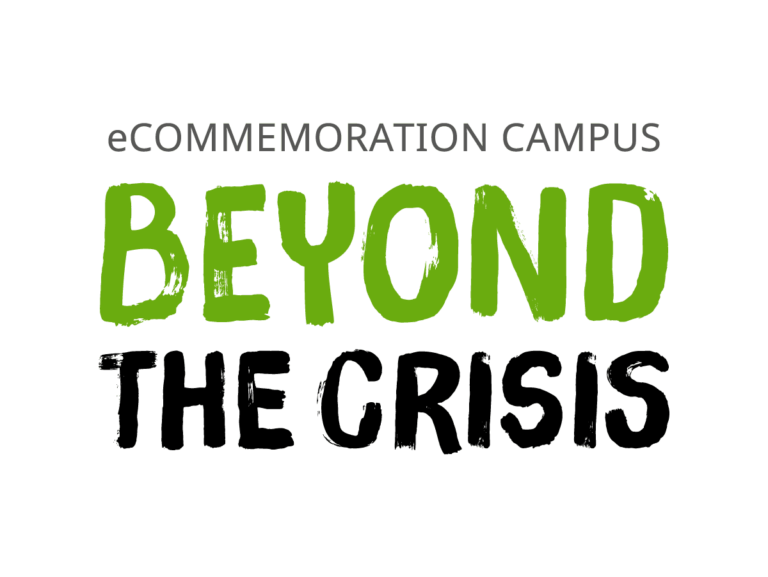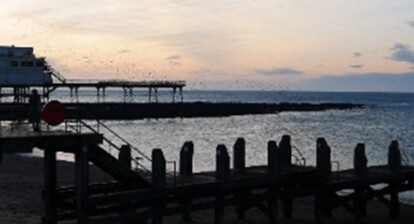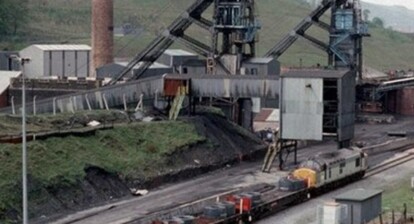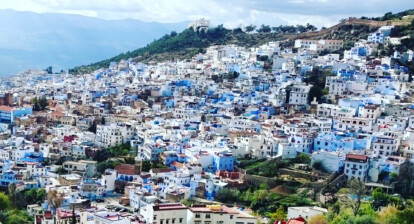Since I was just but a child, my grandfather used to tell me the story about his own grandfather, Juan Arrabal Jimenez. I loved to hear about him and how different life was back then.

The Timeline Of My Grandfather’s Life.
He told me about how he was born within a landowner family in the village known as El Barco de Avila for the most of his life. There he taught and directed the local school for 32 years, participating in the Pedagogic Missions of the state, in a try to alphabetize all the children of the region. Later on, being a student in a History Degree. I investigated, finding that he was known to be the cultural local reference in that time because of being a writer and poet, also a musician and singer of the traditional music of the area.
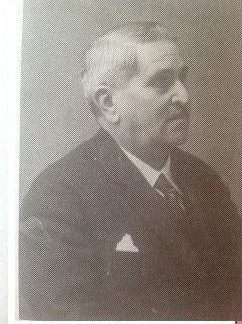
Juan Arrabal Jimenez
Everything changed in 1936 when the Spanish Civil War broke out and some of the most radical members of the Republic, started searching for potential allies of the Francoists. Soon the anonymous accusations of collaboration with the enemy started, mainly to get off the map personal enemies. He because of his position as a landowner and wealthy man was pointed out as a possible collaborationist. He fled to the near mountains, known as Sierra de Gredos where he hid under a fig tree, using it for food and shelter. He stayed there for a long time, until the Francoists took over the region, my grandfather assured that he stayed there for a year, although my investigation on the matter shows that the fighting in Avila only lasted for four months. In any case we can pun the length of its first exile in between four months, maybe five. A time that he had to pass not only away from his home but also from his wife and children, that he had to leave behind for they would have not survived in the mountains.
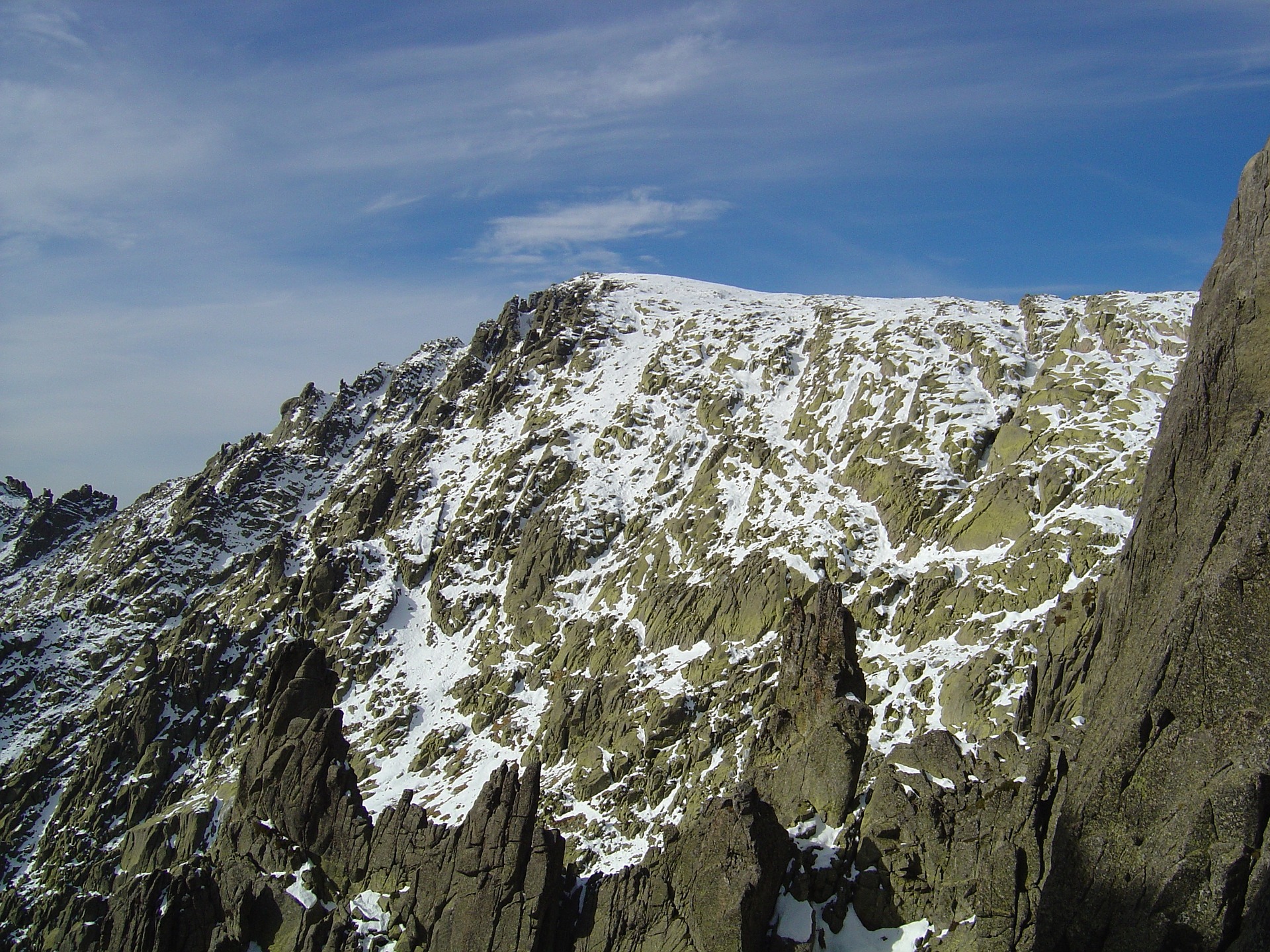
Sierra de Gredos (Miguel Angel Luque from Pixa Bay).
After the Francoist took the region, he came down of the mountain. He could recover for some time and reunite with his family. Only to be accused again but this time of being a pro-republican by the new masters of the place (this was a common political move of the Francoists against teachers and professors that had supported the Pedagogic Missions during the Republic). He again had to flee to the mountains, where he stayed for two years, almost at the end of the war. For all this time, he had been aided by his family, which lend him food and clothes in the few times he dared to leave the protection of the mountain. But for most part it was a rough time for all, to him for surviving with almost nothing in the middle of a mountain, to his wife for having to maintain their several children with very few resources.
Few I was told about by my grandfather about those years. Seems like when Juan Arrabal was asked about it he talked little about it. He would only mention three things; how awful it was to be in fear of every sound, because it could mean that they had found him, how much he missed his wife and children and the winters, he would always talk about how horribly cold were the nights of winter up in the mountains.
Time passed and day after day, he managed to survive. Near the end of the war in 1939, it was proven that the republicans themselves had also prosecuted him and all charges of “republicanism” were removed, he could come back to his home and most important to his family.
After sometime he was even repositioned in his teaching job, which he kept until his death. He lived long and well, even to see one of his daughters Josefa Arrabal marry with a local professor Nicasio Muñoz, with whom she would someday have a son they would name Felix. That son would many years later tell me this exact story.
In my family it has always been seen as an example not only of the tragedies of a war, but also of the dangers of people being so immersed in their own ideology that they cannot be reasoned with. When dialogue is despised as a sign of weakness, misunderstandings and hate are the only tools left to engage and opposing party, resulting in a lot more pain for the people. Even leading to ridiculous results as being prosecuted by both side of war, for supporting the other.
I will end with some words my grandfather Felix used to tell me:
“Remember kid, that the death of dialogue is the death of politics. After it happens, it will be slowly overtaken by something far grimmer… and dangerous.”

